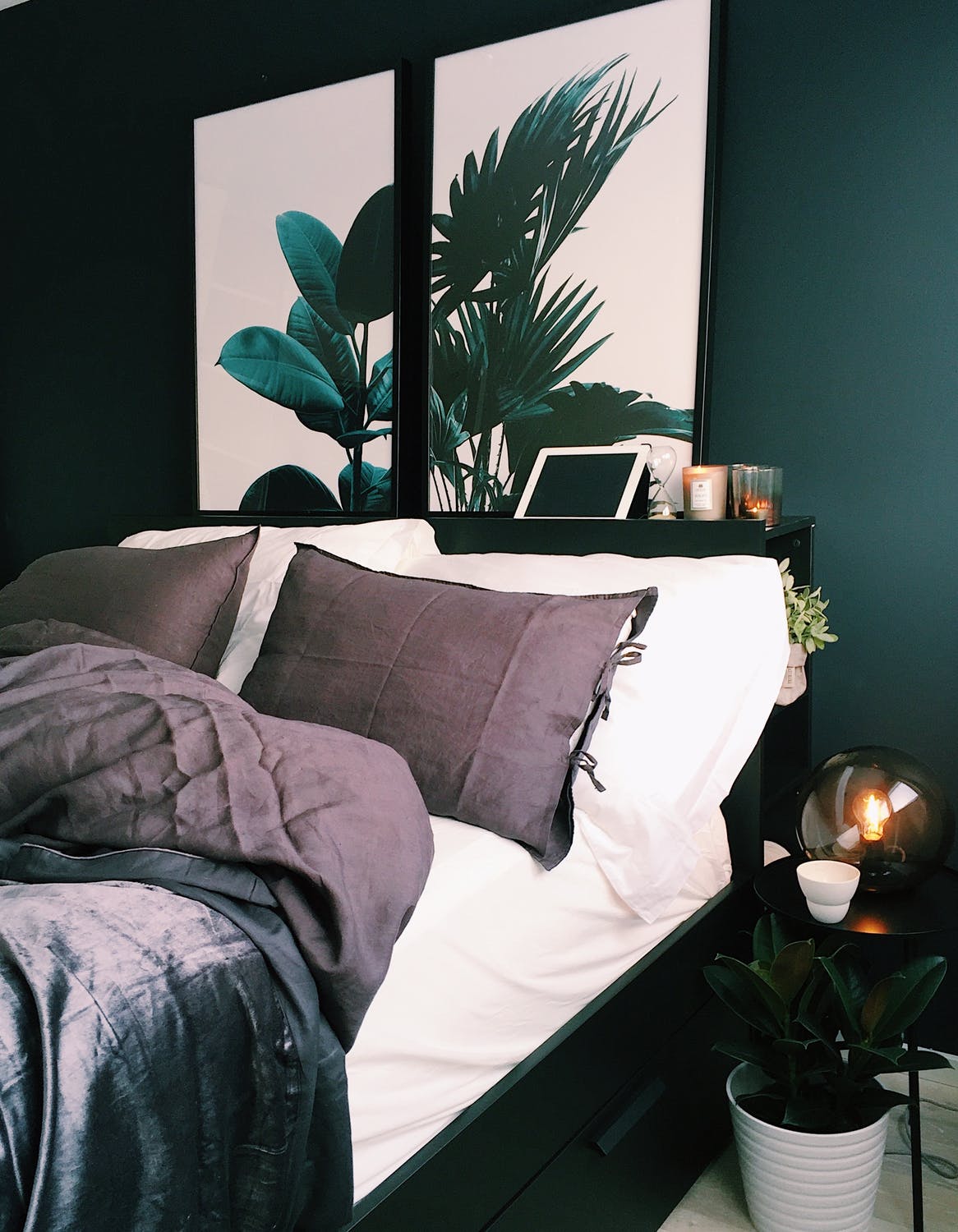Four Easy Tips For a Healthy Home:

Healthy home, healthy family. Have you heard this term? You may not have but it is true. After all, home is where the heart is. Read on for four easy tips that will help you achieve a healthy home.
Everyone wants a healthy home but the term stirs up images of sterile surroundings. A joyless, super clean, rigid and un-lived-in space. But a healthy home is so much more. Our home is where we spend most of our time and make our cherished memories. It is important that we are comfortable there or our physical as well as mental health will suffer.
Creating a home that is healthy and happy will boost your immune system. Research shows that we tend to remain pessimistic about life when the environment is hostile to our well-being. Here are some practical tips for making your home healthier as wells happier by introducing simple changes.
Four Easy Tips For a Healthier Home:
Identify Damp Areas and Potential Mold Issues:
If you live in a home with a history of water damage or mold, you’ll want to take extra precautions to make your home healthier. Start by looking for signs of new water damage – are there stains on the walls or ceilings? Next, check for signs of mold. Mold is likely to grow in humid areas such as shower curtains, behind toilets, and under sinks. If you find mold, remove it immediately. A simple way to make your home healthier is by increasing ventilation and humidity controls. Instal a dehumidifier or more exhaust fans. You can also consider a professional mold removal service to test the entire home and treat any affected areas. An easy way to make your home healthier is by increasing ventilation and humidity controls. Instal a dehumidifier or more exhaust fans.
Use Hepa Filters:
Air pollution is widespread, with millions living in areas that exceed the World Health Organization’s (WHO) air quality guidelines. If you live in an urban area you can reduce pollution just by installing high-efficiency particulate air filters in your home. In fact, a study found that HEPA filters can reduce indoor levels of pollutants by 80% within 24 hours. HEPA filters collect pollutants, including allergens, dust, and mold spores, so they don’t get circulated back into the air. If you have allergies or another condition worsened by polluted air, good air filtration is essential to your home health.
Replace Carpeting Or Rugs:
If you have carpeting or rugs over 10 years old, you might want to consider replacing them. As carpets and rugs age, they become highly polluted, especially in areas with high foot traffic. In fact, one study found that indoor air pollution is 2-10 times higher in carpeted areas. Avoid buying synthetic materials, as these are more likely to trap pollutants. Instead, look for natural fibers, like wool or cotton. To increase the longevity of your new carpets or rugs, make sure to vacuum them regularly.
Add Plants:
Indoor plants are great for improving your home health. Plants reduce indoor air pollution and improve indoor air quality. Some of the best plants for improving home health include the Peace Lily, Snake Plant, Chrysanthemum, and the English Ivy. Placing plants in various areas of your home will also bring a smile to your face. Plants are versatile and brighten up any room including the bedroom, kitchen, and living room.
Keep a few things in mind when choosing which plants to add to your home:
- Certain plants are better at removing certain pollutants.
- Choose plants tailored to combatting the pollutants in your home.
- Make sure that the plants you choose are easy to maintain.
- If you live in a sunny area, you can even grow some plants outside and bring them inside during the colder months.
Improving your home’s health can be quite simple. It is essential identify problem areas and then implement a few minor changes like we have outlined here. From swapping carpets for hardwood flooring to adding more plants, these changes won’t cost you a fortune, yet they’ll help to make a big difference in your quality of life.